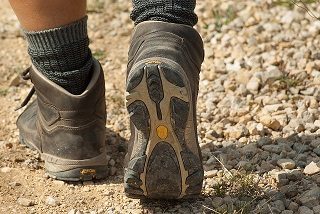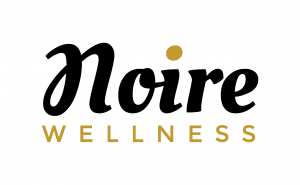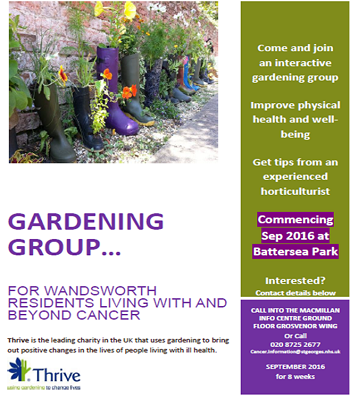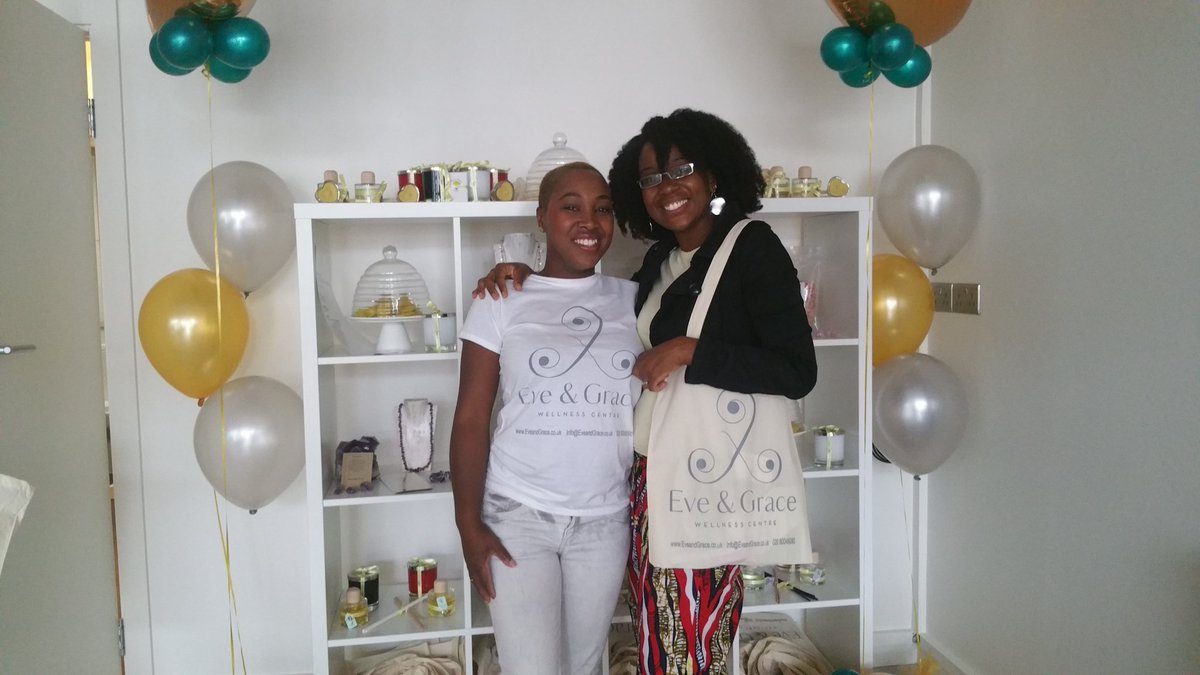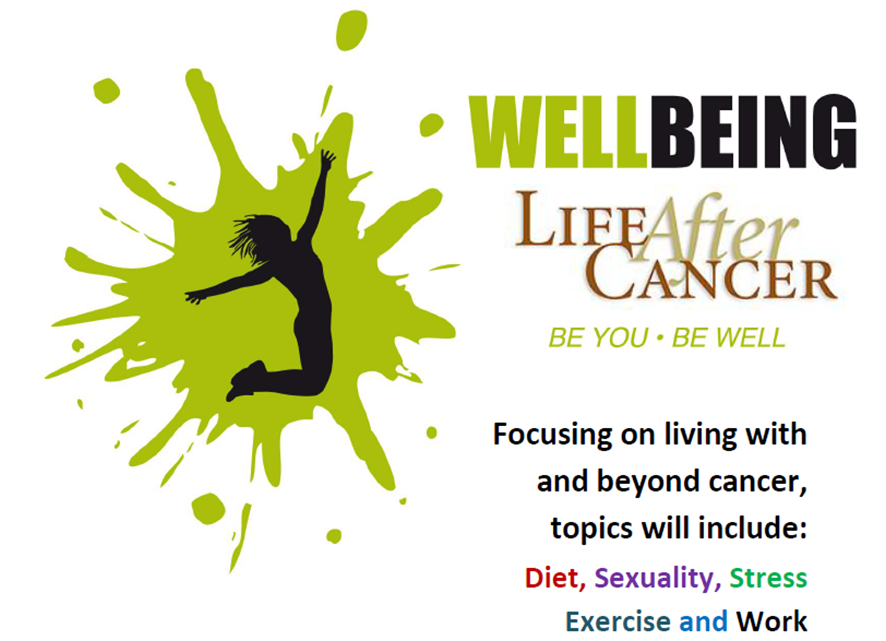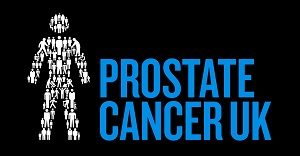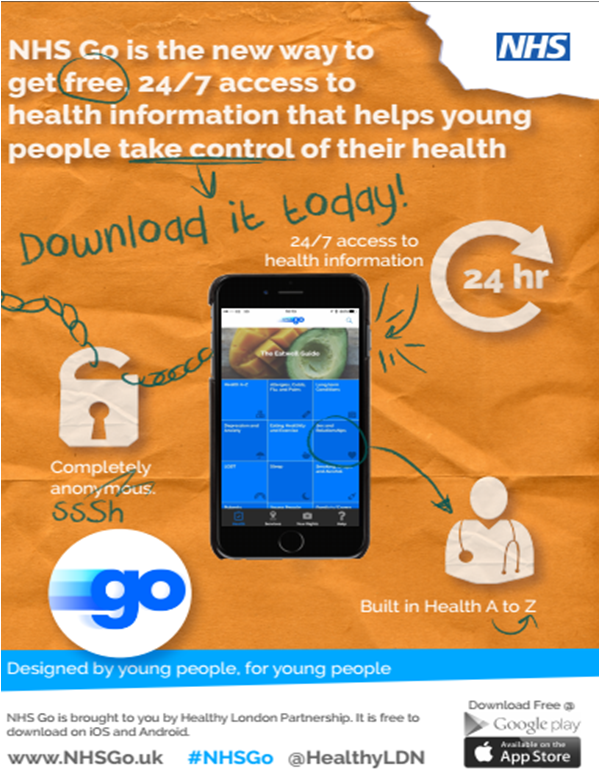Taking a Short Walk After Eating May Be Good for Type 2 Diabetics
This week researchers from the University of Otago in New Zealand published the results from their study which showed that taking a short walk after a meal may be effective in controlling the blood glucose levels of type 2 diabetics.
The researchers conducted this study to expand on the current advice that regular physical activity is effective in diabetes management. They wanted to determine whether the timing of physical activity in relation to meals enhances the benefit of physical activity.
How did the researchers explore this?
To explore this, researchers conducted a study with 41 adults with type 2 diabetes. Participants either took part in 30 minutes of physical activity every day or were advised to walk for 10 minutes after their main meal. Both of these scenarios met the t physical activity guidelines for people with type 2 diabetes. The blood glucose level of participants was then measured 3 hours after each main meal.
What did they find?
The researchers found that blood glucose levels were 12% lower when participants had walked after their meals compared to if they had just carried out physical activity once a day. They also determined that the improvement was enhanced after the evening meal (22%), as this is the meal where the most carbohydrate is eaten and when people are more inactive.
What were their conclusions?
The study concluded that
“The benefits relating to physical activity following meals suggests that current guidelines should be amended to specify post-meal activity, particularly when meals contain a substantial amount of carbohydrate.”
The importance of this research
The black community is three times more likely to develop type 2 diabetes than their white counterparts and the African and Caribbean diet tends to be quite rich in carbohydrate so this research is helpful for black type 2 diabetics in understanding how they can manage their condition.
As well as following your doctor’s advice on the type of diet you should be consuming, as a type 2 diabetic, make sure you are engaging in enough physical activity and from the results of this research, taking a short walk after your main meal appears to be of benefit.
Reference
Reynolds, A.N., Mann, J.I., Williams, S. et al. Diabetologia (2016). doi:10.1007/s00125-016-4085-2







